
The Mental and Physical Rewards of Cultivating a Hobby
August 17, 2025, 7:09 am
Finding something you love to do is more than a pleasant distraction.
It’s a quiet form of self-maintenance, one that feeds the mind, steadies the mood, and keeps the body from falling into patterns of fatigue. When you sit down to paint, lace up for a hike, or knead dough for bread, the activity you choose creates a small refuge from the churn of daily tasks.
The Mental and Physical Rewards of Cultivating a Hobby
Even ten minutes spent on a pastime you care about can shift the texture of a day, adding a layer of presence that’s hard to manufacture through other means. These moments do not have to be grand. What matters is that they belong to you—your pace, your hands, your focus. Over time, that personal claim becomes part of your health.
Relaxation and Engagement in Balance
In the swirl of responsibilities, your nervous system can feel like it’s on permanent alert. Folding in a regular pursuit that mixes focus with pleasure—something like sketching in the park or playing a musical instrument—offers a dual effect: relaxation and engagement.
According to Harvard Health, this blend of creativity and relaxation combined not only lifts mood but also fortifies overall mental well-being. It works because the mind gets to stop bracing for the next demand and instead wanders inside a chosen rhythm. You’re doing, but without the stakes that normally press against you. The result feels lighter, yet strangely more grounded.
Learning Through Hands-On Skills
For those drawn to the tangible, farming offers an unusually rich learning ground. With online video lessons on farming, anyone can start exploring techniques for planting, livestock care, or sustainable crop cycles—no matter where they live. It’s a skill set that connects you directly to the rhythms of growth and season, teaching patience as much as practical know-how.
Each small victory, like a successful germination or a healthy harvest, becomes its own reward and an anchor to a more grounded way of living.
From Passion to Livelihood
A hobby doesn’t have to remain just a side pursuit. With some planning, it can evolve into a source of income and purpose. The process of turning a hobby into a career involves understanding your market, refining your skills, and building the right connections.
It’s not an overnight leap—it’s a gradual shift, with each step blending the joy of the hobby with the structure of professional work. For many, this transition also deepens their relationship to the activity itself, transforming it from a personal indulgence into a sustainable vocation.
The Brain Chemistry of Joy
A pastime you love also has a way of tinkering with brain chemistry in your favor. Whether it’s the burst of color from a completed painting or the sound of a guitar chord finally ringing true, these moments can spark a dopamine release and mood lift.
That’s not trivial—it’s a physical signal to the rest of your body that something good is happening. The mind links the activity to this hit of satisfaction, and the association builds. Soon, you begin to anticipate the pleasure as much as you enjoy the doing itself. Over weeks or months, this becomes a counterweight to stress patterns, a way to tilt the chemistry of a bad day back toward balance.
The Physical Payoff of Outdoor Pastimes
Some hobbies don’t just work the mind; they put the whole body into play. Gardening, cycling, fishing—these have a rhythm shaped by the outdoors, by the feel of air on your skin and ground under your feet. Regular outdoor activity lowers blood pressure and strengthens cardiovascular health, while also giving you a dose of daylight and fresh air.
You might start because it’s fun, but the physical benefits run deep, improving stamina, balance, and overall vitality. And unlike a gym session you might dread, the pleasure of the activity keeps you coming back without force.
Longevity Through Purposeful Activity
Hobbies can also be a form of insurance for your later years. As the National Institute on Aging notes, participating in activities you enjoy helps lower disease risk, boosts mood, and can even extend lifespan. The key is consistency—finding something that keeps you moving, thinking, or connecting with others well into older age. It’s less about the specific activity and more about the way it weaves into your daily life, giving shape to your days and reasons to get up in the morning.
Dance as a Full-Body Reset
Few hobbies combine fitness, coordination, and joy as naturally as dance. Whether it’s a slow waltz, a high-energy salsa, or a casual kitchen groove, dance builds strength and wellness in ways that feel more like celebration than exercise. It challenges balance, engages the core, and supports cardiovascular health, all while feeding emotional expression. The social dimension—moving in sync with others—adds yet another layer of benefit, making it both a physical and emotional tonic.
A hobby is not just something to pass the time. It’s a flexible, deeply personal tool for improving your health in ways that can ripple across decades. It can ease the mind’s tension, recalibrate the body’s systems, and open doors to new learning or even a livelihood. It can keep you rooted in the present or help you imagine a new chapter altogether. In the end, the best hobby is the one you’ll return to, again and again, for no other reason than it makes you feel alive in your own skin. And in that simple act, it’s doing more for your mind and body than you might ever measure.
Unlock the secrets of successful agribusiness with Agricdemy and explore a wealth of free and paid training resources to elevate your farming ventures!
[Ed. Note: Erin Reynolds is the creator of DIYMama.net, which provides resources to help others with home improvement projects and repairs. Keep an eye out for the DIY or Not Calculator, which will help you determine whether or not to take on a project yourself!]


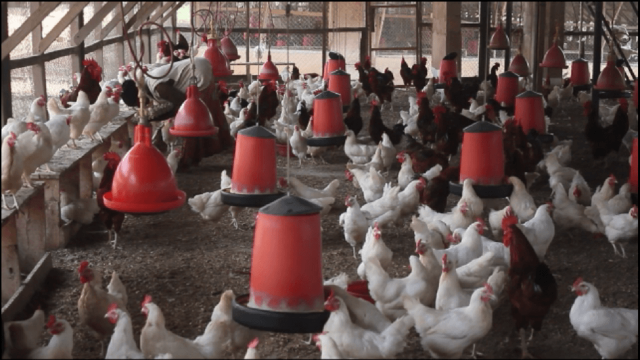
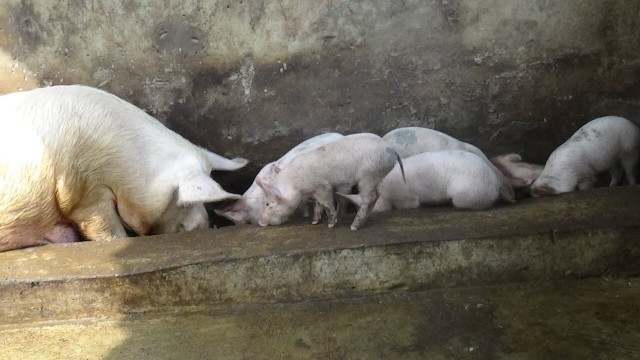

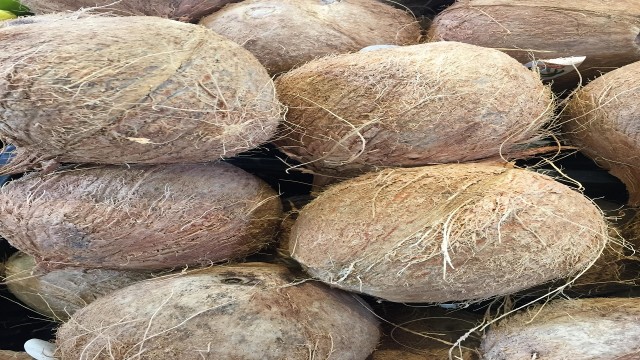

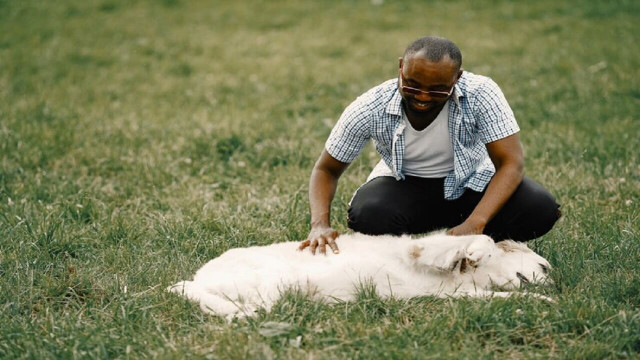
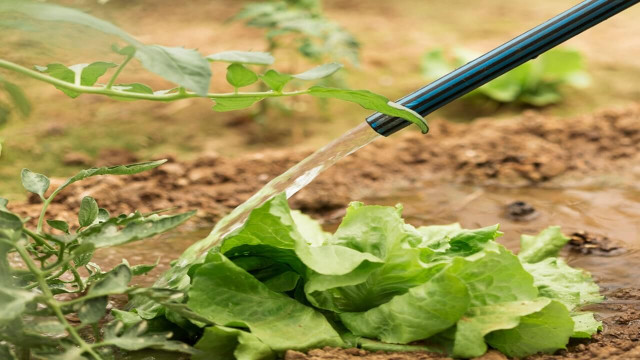


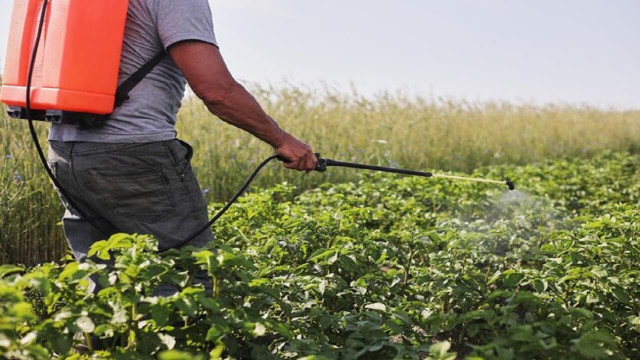
Share This Article: